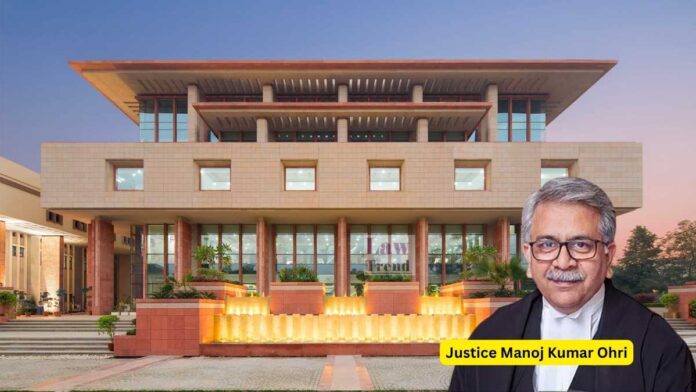The High Court of Delhi ruled that an amount recovered by a complainant in a civil suit execution proceeding, arising from a dishonoured cheque, can be adjusted against the compensation amount imposed on the accused in a parallel criminal proceeding under Section 138 of the Negotiable Instruments (NI) Act for the same transaction. Applying a
To Read More Please Subscribe to VIP Membership for Unlimited Access to All the Articles, Download Available Copies of Judgments/Order, Acess to Central/State Bare Acts, Advertisement Free Content, Access to More than 4000 Legal Drafts( Readymade Editable Formats of Suits, Petitions, Writs, Legal Notices, Divorce Petitions, 138 Notices, Bail Applications etc.) in Hindi and English.




